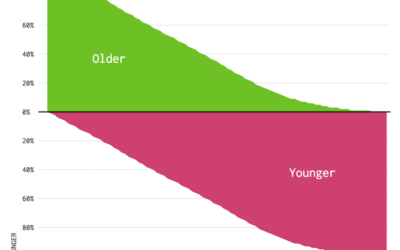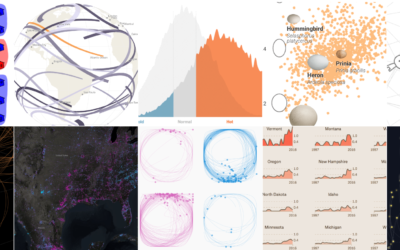Billions at the Franchise Box Office
There’s big money in wizarding worlds, galaxies far away, and various time-shifted universes, so it shouldn’t be a surprise there are so many movie franchises these days. Let’s take a stroll to see the billions of dollars they’ve made over the years.
I used the list of franchises from Box Office Mojo to start. The numbers above show worldwide grosses when available and domestic grosses when not, adjusted to 2019 dollars.
Some franchise timelines overlap. For example, the individual superhero franchises (e.g. Iron Man) overlap with their overall universes (e.g. Marvel Cinematic Universe), so you might want to use the search bar to look at those.
James Bond leads the way with 26 films (depending on how you want to count them), but the MCU is quickly gaining. The latter has earned upwards of $18.5 billion. What. Star Wars was also moving fast, but I think they’re gonna slow that one down.
Don’t worry though. There appears to be zero shortage of franchises. In 2018, there were about twice as many movies released that were or became a part of a franchise than in 1995, based on counts from The Numbers:

Compared to 1995, the number of wide releases each year hasn’t changed that much…
…but there are more franchises now.
2.5
2.5
2.0
2.0
1.5
1.5
1.0
1.0
0.5
0.5
0.0
0.0
-0.5
-0.5
1996
2018
1996
2018

Compared to 1995, the number of wide releases each year hasn’t changed that much…
2.5
2.0
1.5
1.0
0.5
0.0
-0.5
1996
2018
…but there are more franchises now.
2.5
2.0
1.5
1.0
0.5
0.0
-0.5
1996
2018
Notes
- Worldwide and domestic grosses come from Box Office Mojo.
- I used R to analyze and sketch (with a bit of Adobe Illustrator) and D3.js to make the interactive chart.
Become a member. Support an independent site. Get extra visualization goodness.
See What You Get





